Hundreds of watchdog job cuts 'put nature at risk'
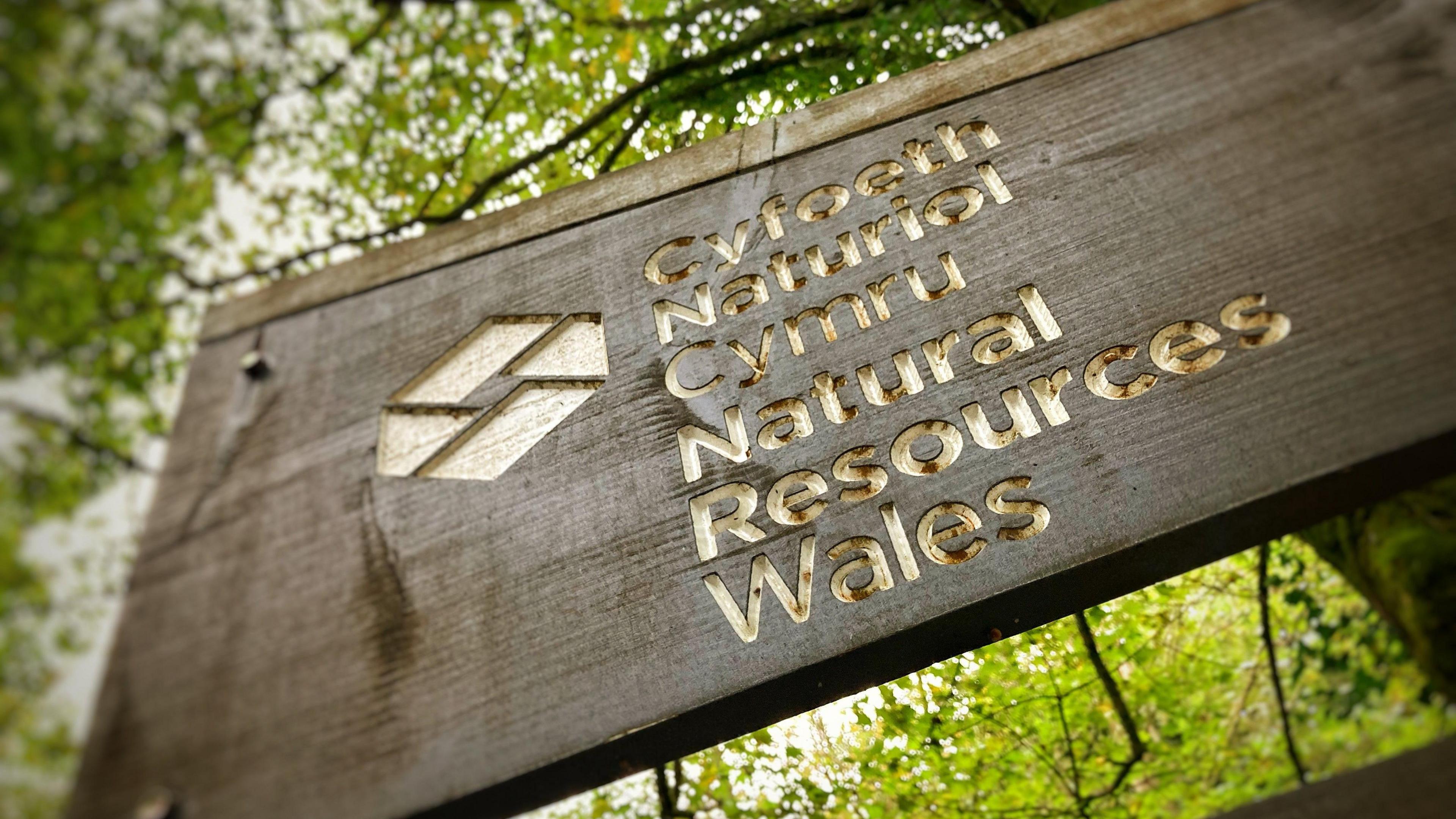
Wales' environmental watchdog is making job cuts to plug a £13m funding gap in its budget
- Published
Campaigners have warned against "brutal" cuts to Wales' environmental watchdog, saying the plans "put nature at risk".
Natural Resources Wales (NRW) is seeking to close 265 posts, and is considering reductions in areas including tackling waste crime, advising on climate change, managing heritage features and running visitor centres.
One trade union claimed the regulator could be left without "enough staff on the ground" to protect the environment.
NRW said it was making "every effort to protect areas of work that have the most impact on nature, climate and pollution".
Illegal fisherman caught hiding salmon up sleeve
- Published18 July 2024
Mountain bikers in plea to save visitor centres
- Published16 September 2024
Strip Wales' water watchdog of power, say Lib Dems
- Published13 September 2024
BBC Wales has spoken to a number of current and former NRW staff.
While acknowledging the organisation was in "an impossible financial situation", many felt "angry" and "excluded from planning the solution", one said.
"We have lost a year we could have spent working to save some of Wales' most loved services - like organising community buy-outs of our visitor centres," they claimed, describing the situation as "a shambles".
Another added this came after previous attempts to reorganise NRW's structure, and that it was like rearranging "deckchairs on the Titanic".
They criticised the message the cuts sent out, given that the Welsh government had declared both climate and nature emergencies.
"You can't on the one hand declare an emergency and then on the other say 'it's alright, we'll call the fire brigade a bit later'."
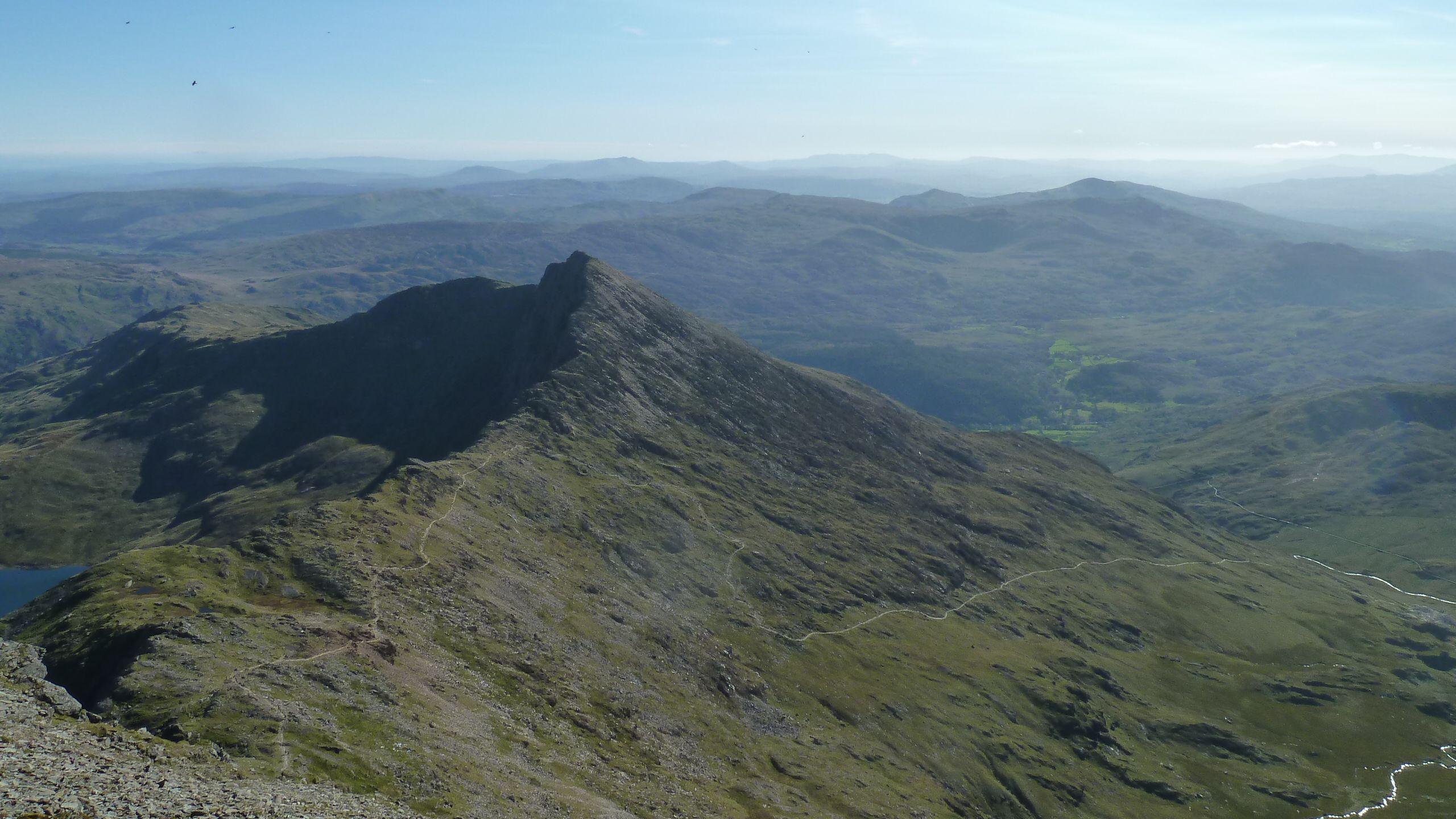
NRW employs about 1800 staff and has a wide range of responsibilities - from protecting wildlife to regulating power stations
Unison, the largest of five trade unions representing NRW staff, said workers had told them the plans would not "solve problems in the long run."
"They also have concerns about losing staff with years of experience," said regional organiser Andrew Woodman - adding that "Unison will fight for every job".
What are the cuts being considered by NRW?
While NRW's core grant from Welsh government has not increased in recent years, costs have risen due to high inflation.
The "funding gap" in its budget is set to reach £13m in 2025-26, and will exceed £17m by 2026-27 without action.
NRW has been carrying out a 45-day consultation with unions and has uploaded documents summarising the proposed changes, external online.
Work related to influencing policy on the environment will be scaled back - including in areas like climate change, the documents suggest.
There will no longer be "a dedicated education and health team".
Cuts are proposed to "the management of heritage features" in public woodlands, and cafes and shops at NRW's visitor centres.
When it comes to dealing with incidents, NRW will adopt "a higher tolerance of risk" and reduce the number of "low priority calls we respond to".
The organisation is planning "some small reductions in enforcement including tackling waste crime".
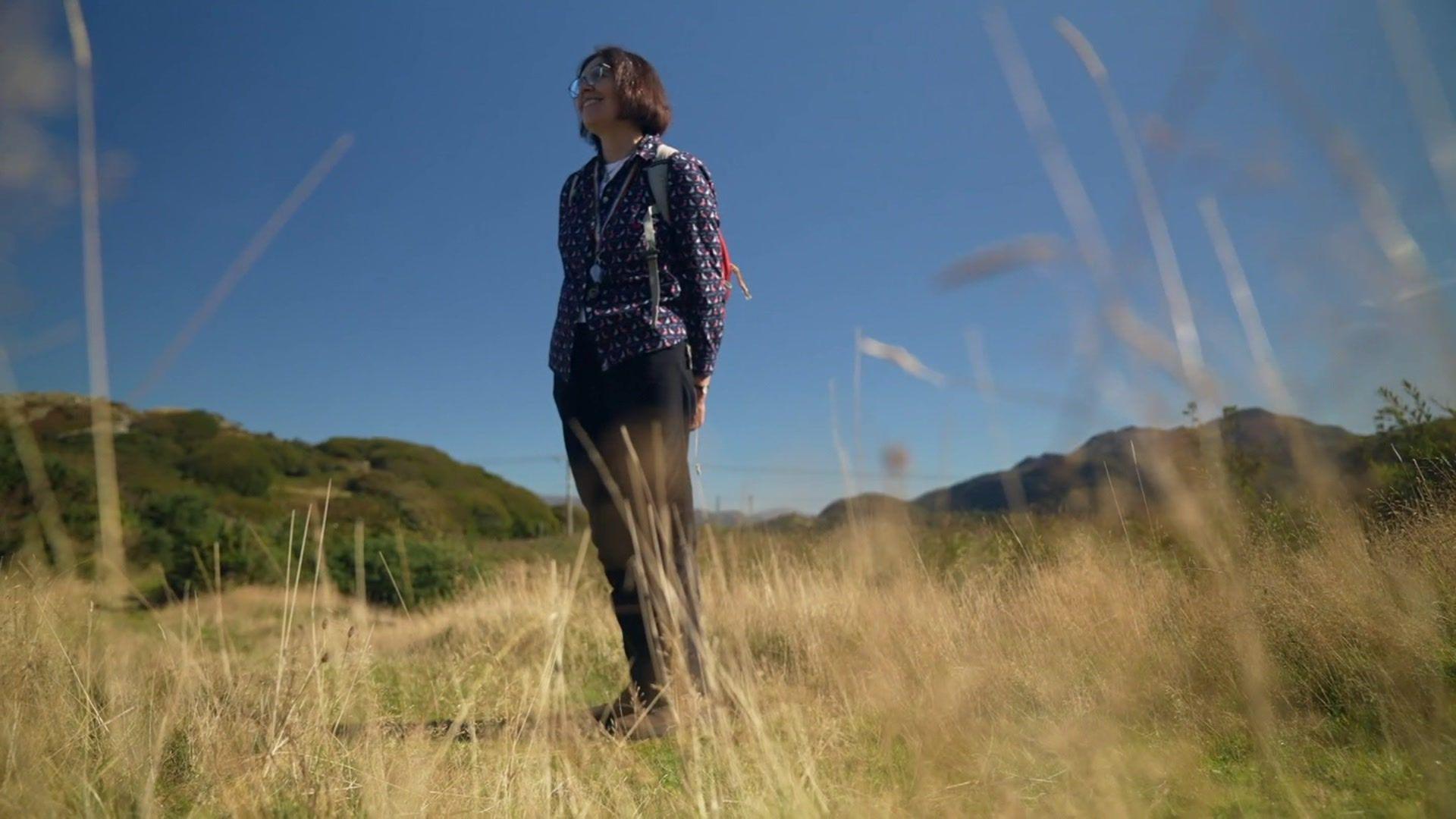
Volunteer botanist Heather Garrett says she relies on NRW's library, which is set to shut.
NRW's dedicated environmental library in Bangor is also set to close, a move which has sparked outrage and a petition from ecologists.
Open to the public, it also has an online catalogue featuring reports and surveys.
The information can be used to help with planning applications, and monitoring of rare species.
"As a plant recorder I find this service indispensable," explained botanist Heather Garrett.
"I can ask for a report, I can see maps and find out all sorts of things about a particular site - are there gaps in the records or rare species we can check for?
"If the library closes I think our voluntary efforts to stop the decline of nature and to restore it will be severely impacted," she added.
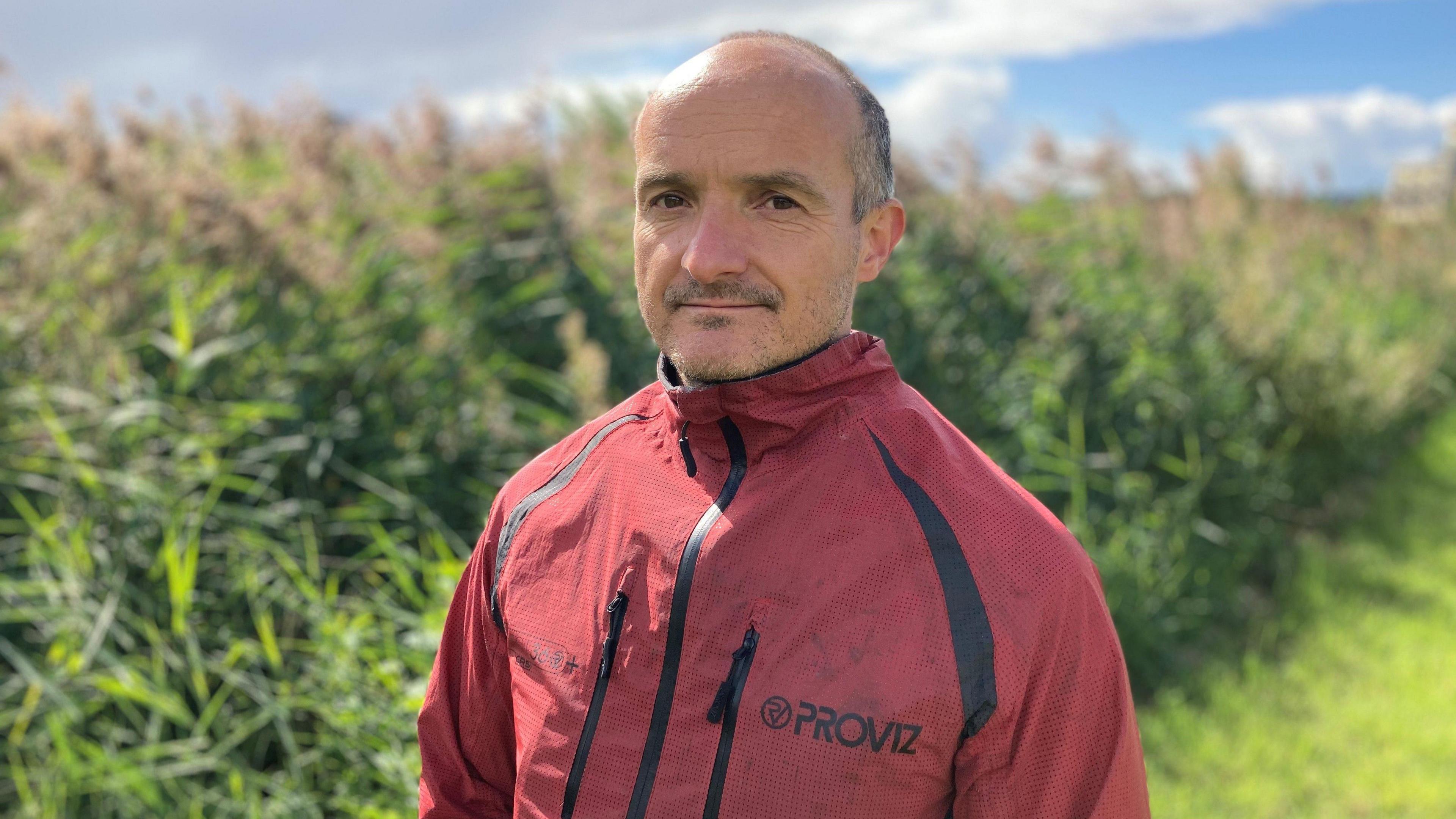
"There will be incidents where NRW doesn't have the staff and capacity to deal with them," claimed Gareth Clubb of WWF Cymru
Gareth Clubb, WWF Cymru's director, said the plans "put Welsh nature at risk".
"There will be environmental crime that doesn't go detected, there will be incidents where NRW doesn't have the capacity to deal with them," he claimed.
"These are brutal budget cuts to important public services," added Sam Ward, head of Climate Cymru.
NRW needed to be "well-armed" with funding and expertise if Wales was to "have a chance of combatting climate breakdown and biodiversity collapse", said Prof Christian Dunn of the British Ecological Society.
One area NRW intends to dedicate more resources to is tackling water pollution, at a time when the state of rivers and seas is a key concern for the public.
Afonydd Cymru's chief executive Gail Davies-Walsh said that detail was encouraging.
"The overall budget cuts are a chance for the regulator to refocus on performing its legal duties and perhaps less on work that could be delivered more cost-effectively by partners," she said.
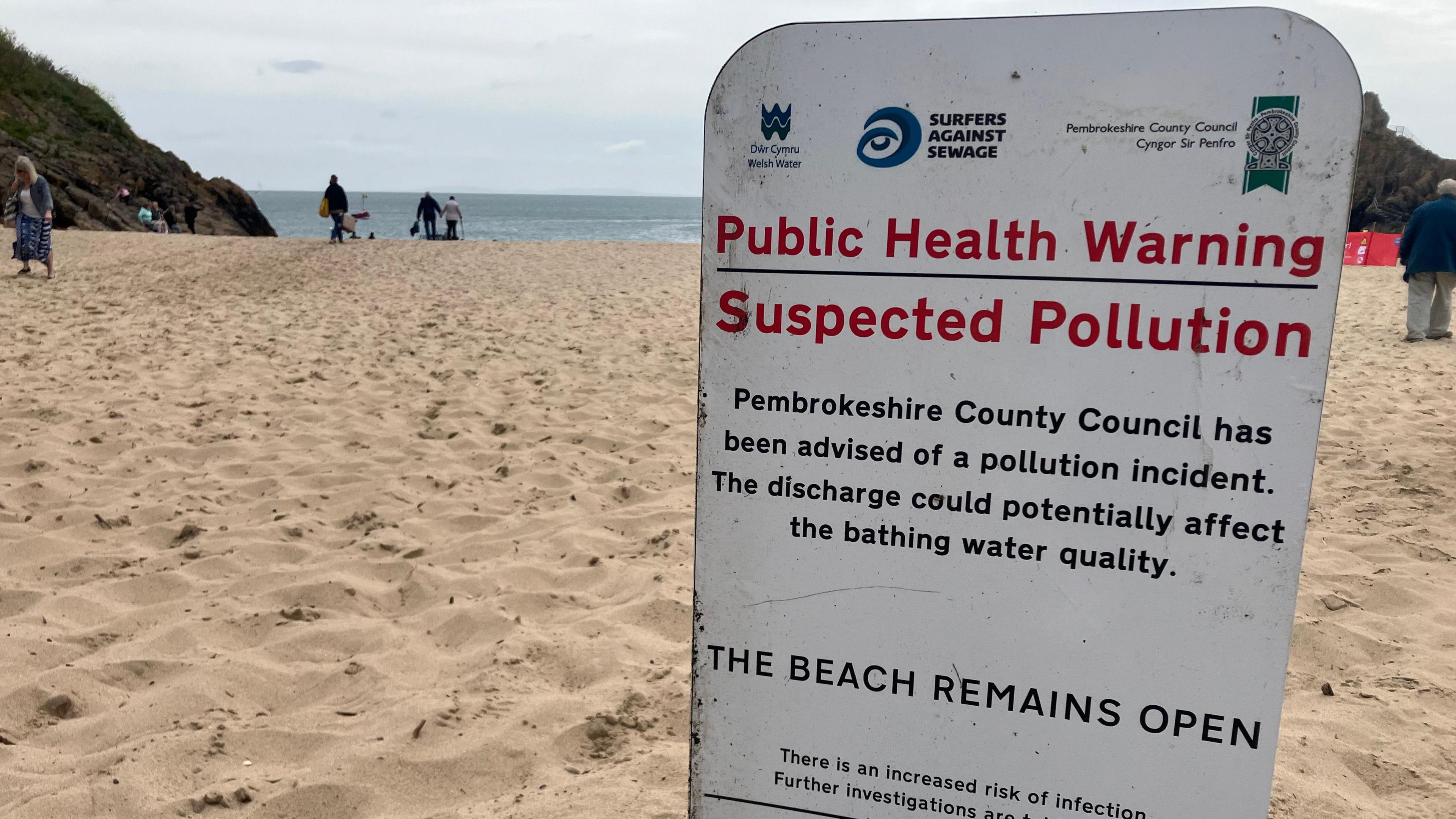
NRW says it will "increase regulatory compliance capacity" for water quality.
What does NRW say?
“There is no doubt that this is a significant and challenging time for us all at NRW," explained Prys Davies, NRW's director of corporate strategy and development.
"Public funding is exceptionally tight across the whole of the UK and we are having to... critically review what we can and must continue to do, what we stop, and what we slow or do differently."
He said bosses "fully understood the impact" on colleagues and support was available.
"They have continued to show the upmost professionalism and dedication to their roles during this challenging period," he said.
Information received during the consultation would now be reviewed and final proposals presented to NRW's board for consideration in mid-October, he added.
Deputy First Minister and climate change secretary Huw Irranca-Davies said he had confidence that "NRW will work through this with stakeholders and staff to come to a position where they can carry out their statutory duties".
"The hard reality is that right across government, and right across the UK we are facing these difficult decisions that (have been) forced upon us after so many years of austerity," he added.